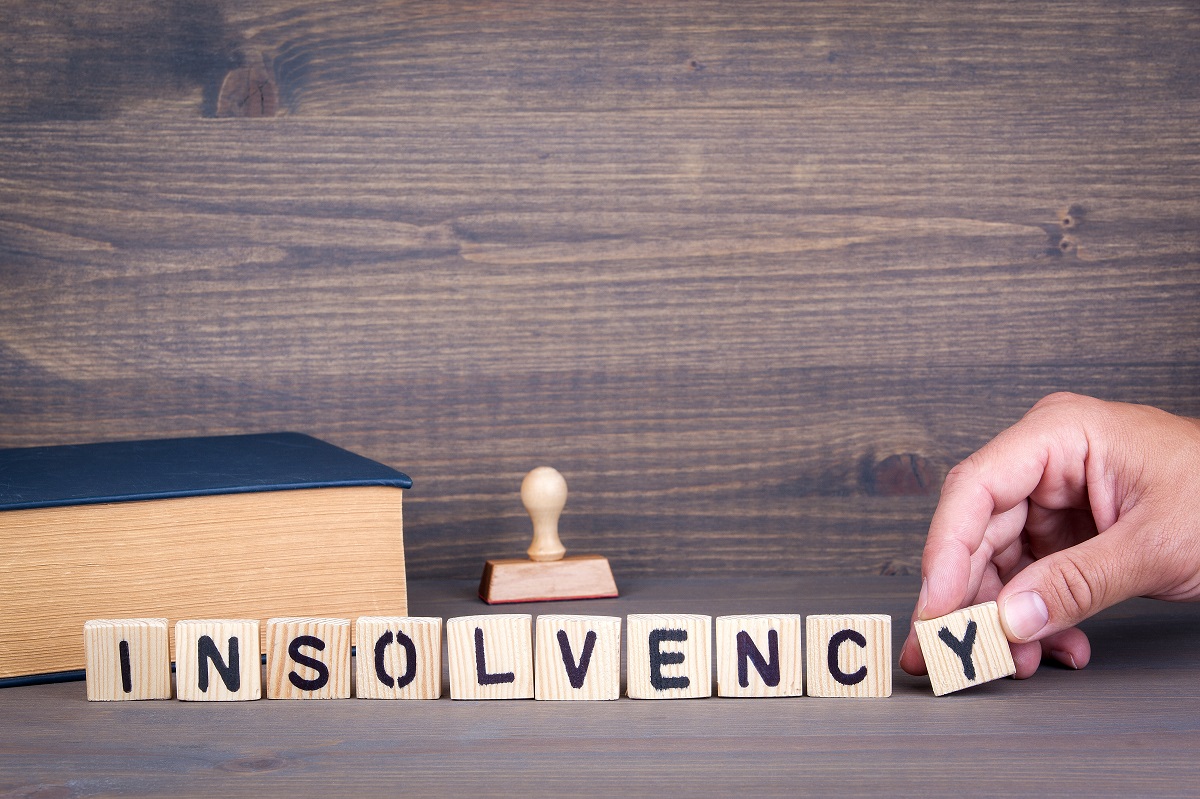The Definitive Guide to Insolvency Practitioner
The Definitive Guide to Insolvency Practitioner
Blog Article
Insolvency Practitioner Fundamentals Explained
Table of ContentsHow Insolvency Practitioner can Save You Time, Stress, and Money.The 7-Minute Rule for Insolvency PractitionerInsolvency Practitioner Can Be Fun For AnyoneThe Single Strategy To Use For Insolvency PractitionerInsolvency Practitioner Things To Know Before You Get This
Whether or not you require to use an insolvency professional (IP) to liquidate your firm depends upon various elements. While involving an insolvency specialist for all forms of liquidation is not a legal requirement, doing so can usually enhance the procedure and guarantee conformity with lawful needs. Liquidating a firm is an essential decision that features substantial repercussions.
It is a procedure used when a firm does not have any type of lenders, or all of their financial institutions can be settled completely with statutory rate of interest. Understanding the various sorts of insolvency processes can help you figure out the most effective strategy for your company's liquidation or other formal bankruptcy procedures itself.
This is required in order to abide by legal needs - Insolvency Practitioner. This is due to the fact that IPs have the essential qualifications and experience to guarantee that the liquidation process is performed according to all applicable laws and regulations. By involving a qualified bankruptcy specialist, you can have assurance knowing that your company's liquidation process will certainly be managed skillfully and in compliance with the appropriate lawful requirements
Everything about Insolvency Practitioner
The insolvency specialist is selected as a liquidator and is in charge of managing the business and liquidator's debts impressive liabilities and possessions. This procedure includes liquidating the company's properties and dispersing the earnings to financial institutions. Upon completion of the procedure, the company is gotten rid of from the register at Firms House.
Failing to do so can lead to personal responsibility for the business or supervisor for the financial institution's financial debts. Volunteer liquidation, that includes Lenders' Voluntary Liquidation (CVL) and Members' Voluntary Liquidation (MVL), is launched by the firm's directors and shareholders when they can no much longer pay their debts. In a CVL, the insolvency practitioner is marked as the liquidator, in charge of handling business financial obligations and all firm assets.

Indicators on Insolvency Practitioner You Should Know
By assessing the competence and experience of possible bankruptcy experts, you can guarantee that you choose a professional who has the essential certifications to manage your business's liquidation process successfully. While bankruptcy practitioner-led liquidation is often one of the most proper strategy for firms encountering insolvency, there are alternate strategies to think about, such as striking off and partial liquidation.
It's important to examine all offered alternatives prior to picking the following finest service or strategy for your company. Striking off business' registers is a more straightforward and cost-efficient means to close dormant or little business with no financial debts or possessions. To strike off a business, its name is removed from the Firms Home register by sending form DS01.
Prior to going with striking off, it's vital to evaluate the benefits and disadvantages of this strategy and consider whether it's the best selection for your company. Partial liquidation is one more option to insolvency practitioner-led liquidation, wherein a business sells off particular assets and obligations while proceeding to operate with the continuing to be possessions and liabilities.
An Insolvency Practitioner will have the ability to recommend you of the most effective strategy to take and make certain that everything runs efficiently. Unfortunately, it is not feasible to sell off a firm without a liquidator. Assigning an authorised insolvency practitioner is necessary for the process of voluntary liquidation to begin.
Excitement About Insolvency Practitioner
It visit the site is possible to shut and liquidate your company without using a liquidator, given your company is solvent and you satisfy the eligibility requirements to liquify or liquidate it. Nonetheless, if your business is financially troubled, you might be required to utilize a liquidator and start formal bankruptcy procedures. Here are a few other helpful write-ups relating to company liquidation in the UK:.
Remaining in a setting where you're unable to pay your firm's creditors is extremely demanding. In an attempt to stay clear of increasing the degree of financial debt, several companies try to negotiate straight with their financial institutions and accept a casual setup. If the debt is quite little and owed to one creditor, and the lender is being participating, getting in into an casual financial debt setup is possibly the ideal solution, instead than browsing the web for 'an insolvency professional near me'.
On the other hand, if there are multiple financial institutions top article and the degree of financial obligation is huge, lenders may not be so ready or participating. To avoid liquidation or insolvency, it is far better to hire an insolvency practitioner to draw up formal propositions and discuss with lenders in your place.
Indicators on Insolvency Practitioner You Should Know
Whilst it is a means to manage financial obligation, there are significant threats entailed with this kind of debt arrangement - Insolvency Practitioner. If a financial institution agrees to get in into an informal plan (IA) where the debtor has actually agreed to make regular, if lower, settlements to pay back the debt, it is very important to adhere to the arrangement

The financial institution is within their civil liberties to back out of the contract and petition the courts for your business to be sold click here for more off at any kind of time. A formal plan that has actually been recommended by an insolvency expert in your place, and concurred by a creditor, gives a much more secure alternative.
Report this page